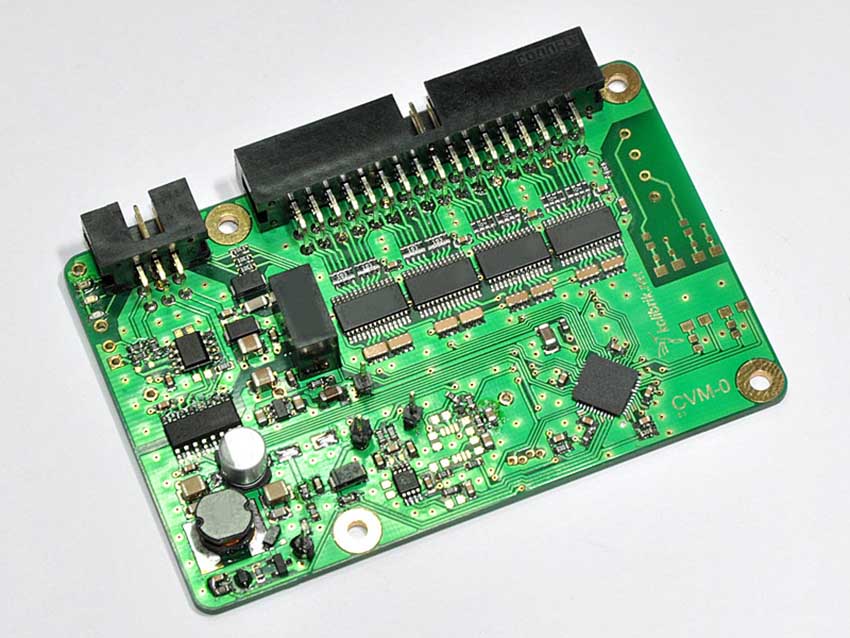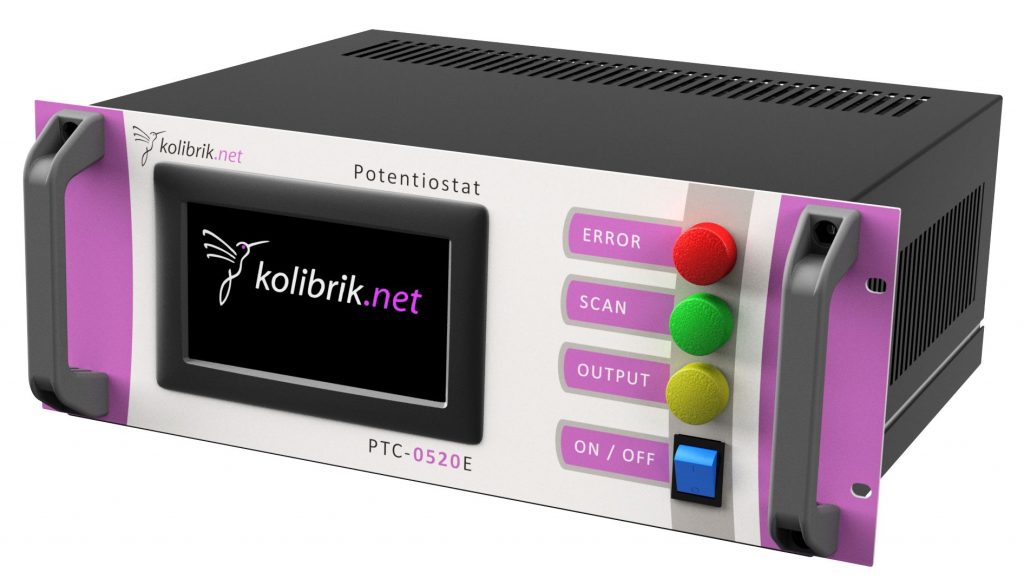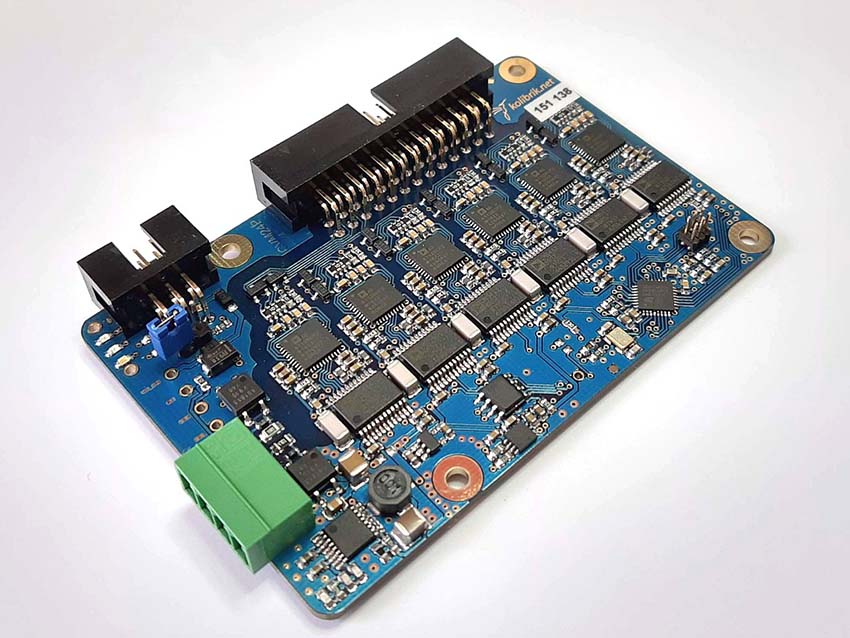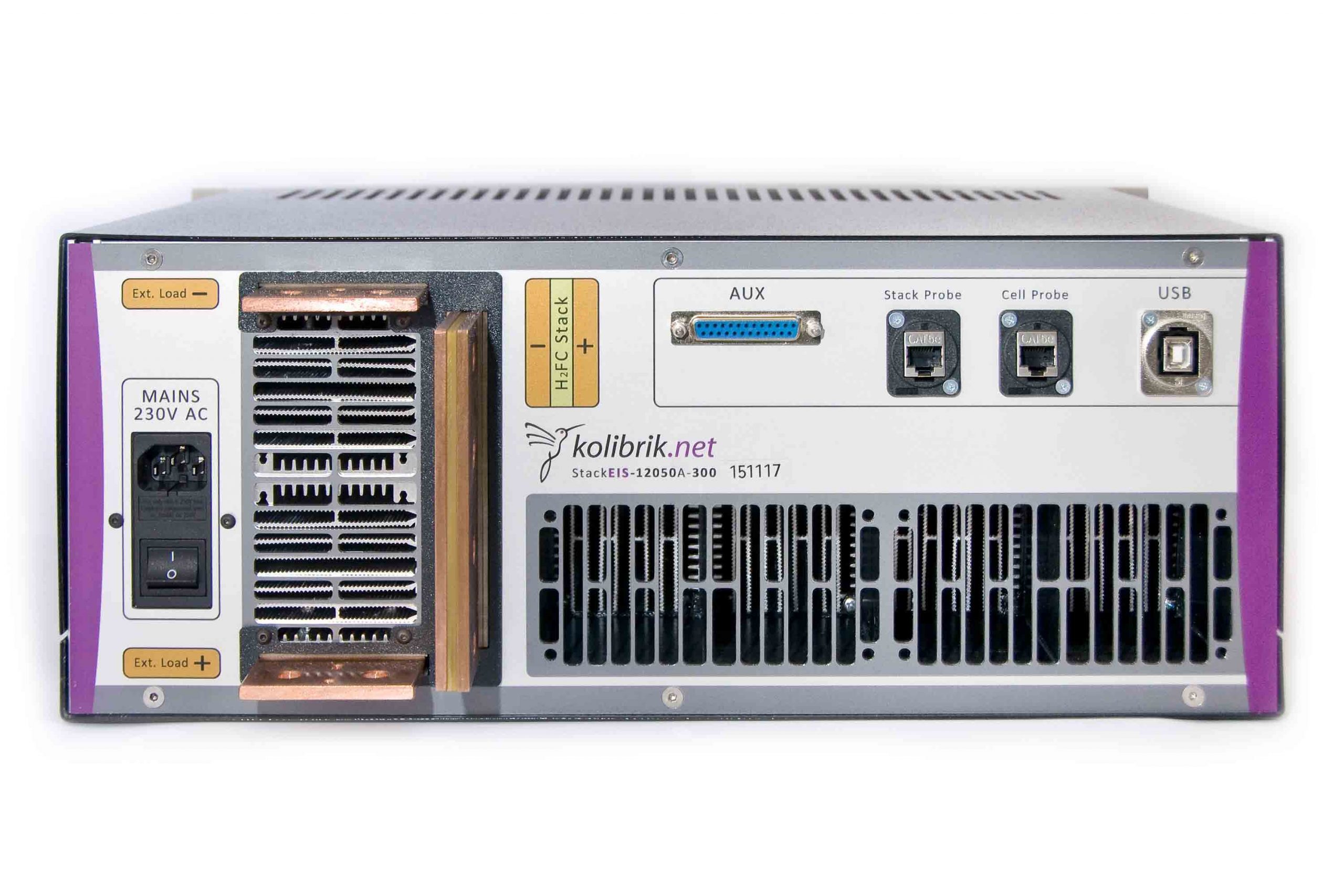Kolibrik.net provides solutions and products mainly for H2FC technologies and electrochemistry. Their electronics and software can cover many tasks ranging from basic and applied research, development, production and testing of hydrogen fuel cells and specialized electronics for scientific purposes, applied research and related target applications.
Easy Engineering: What’s the news for 2020 about new products?
Kolibrik: Cell Voltage Monitor CVM24P (stackable CVM system designed for H2 fuel-cell stacks and electrolyzers with CAN bus, ready for automotive), Zero-voltage Load (system for testing and EIS measurements of automotive-grade cells with currents up to 2 kA), StackEIS (Impedance spectroscopy measurement at high-power fuel-cell stacks)
E.E: What are the ranges of traded products?
Kolibrik:All our products are developed and manufactured by our company. We focus on hydrogen cells and stacks, but our solutions are used also for electrolyzers, redox flow batteries as well as classic Lithium-based batteries.
For research and testing of hydrogen cells and stacks, we have developed potentiostats, electronic loads and other products. We focus on high-current automotive-grade cells and stacks primarily, where we have developed unique solutions combining currents over 1000 A with impedance spectroscopy analysis in frequencies over 100 kHz.

Another family of products is a compact modular control system for managing hydrogen technologies in the target application. A popular product is the Cell Voltage Monitor, which is used for individual cell monitoring in hydrogen stacks or electrolyzers and is used both in applications and in research or test stands.
We also provide solutions for automation of fuel cell or stack testing stations for our partners. We made customized and very compact automation units, which can control dozens of sensors and actuators.
Mainly for basic materials research, we offer KolXPD – a software for scientific data measurement and rapid processing in the fields of photoelectron spectroscopies and diffraction used also in synchrotron source experiments.
E.E: At what stage is the market where you are currently active?
Kolibrik: Hydrogen fuel cell market is now fast emerging, moving from research and development towards a myriad of applications. Its aim is to replace and extend conventional battery or fossil fuel technologies.
Fuel cell technology is one of the most efficient technologies that convert fuel to electricity. It starts to be used in a wide range of applications, including transport (bikes, cars, buses, cargo and logistics, aero and drones) and stationary power applications like emergency power backups or off-grid power sources or chargers.
We cooperate with companies that are engaged both in R&D and applications. Our solutions are suitable for rapid prototype development while they are ready for customizations for cost-effective serial production.

E.E: What can you tell us about market trends?
Kolibrik: The global focus on clean energy usage is creating increased opportunities for fuel cell business. Factors such as supportive government policies and efforts to incorporate fuel cell technology in transportation and other applications are expected to drive the fuel cell market all over the world. The greatest emphasis on the development of hydrogen technologies can be seen in Europe and in the developed countries of Asia.
E.E: What are the most innovative products marketed?
Kolibrik: Most complex and innovative products are our unique potentiostats, zero-voltage loads and stack EIS analyzers capable of handling hundreds of amperes while enabling EIS measurements.
E.E: What estimations do you have for 2020?
Kolibrik: The market for fuel cells is expected to grow well during the coming years. We are already seeing a steady increase in R&D activities. We are constantly working on the widening of our portfolio and increase the volume of our sales. We focus especially on research institutions and firms involved in hydrogen technology research and application development in this field. E-mobility is a big trend in Germany and Western Europe, so we would also like to reach out to automotive companies and their partners as hydrogen drives slowly become a reality.

We have long-term cooperation with research institutes, e.g. Technical University Chemnitz or Charles University in Prague, and we are in contact with companies involved in research projects and help them develop tailored products and solutions.
Of course, the COVID-19 crisis also affected this field, but activities have mostly been suspended and are now starting to resume and continue.

